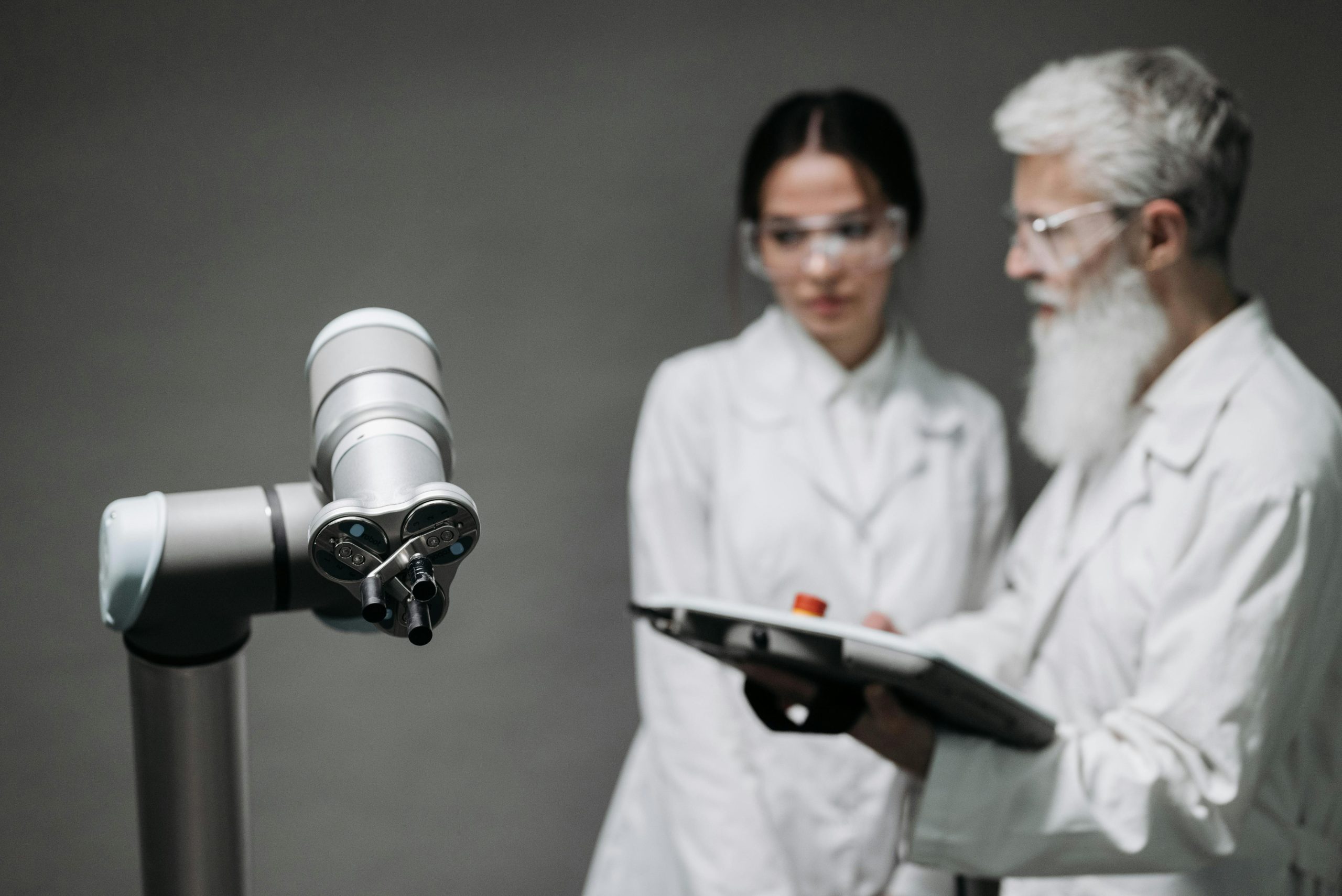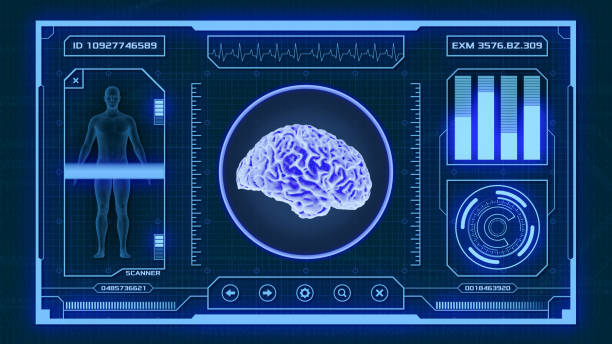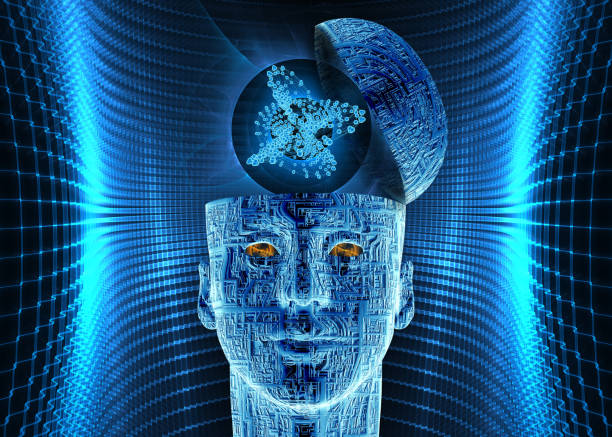Artificial Intelligence in Medicine: A Journey I Witnessed
When I first heard about Artificial Intelligence in medicine, I honestly thought it was just another buzzword. Something people use to sound modern. But my opinion changed completely when I actually saw it being used in a hospital setting. It was not a big flashy robot. It was a quiet computer on a desk, softly glowing, while doctors and nurses worked around it.
That moment made me curious. I decided to observe, ask questions, and understand how this technology was shaping healthcare. What I saw and experienced felt like a new chapter in medicine, yet it still kept its human heart.
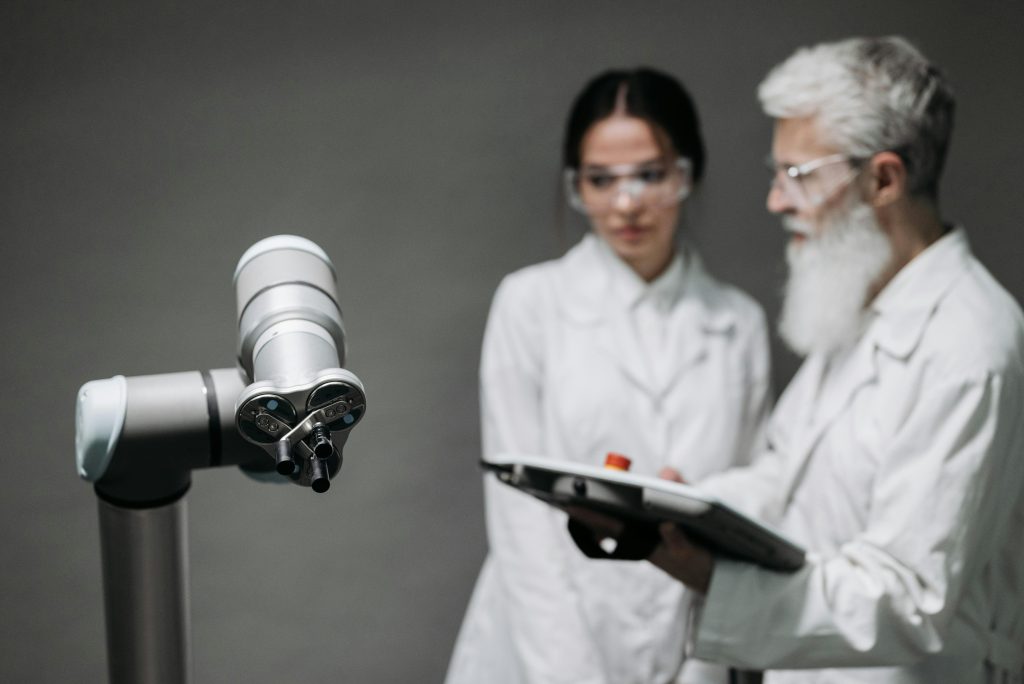
The First Time I Saw AI in Action
I still remember standing in a diagnostic room where a doctor was checking X-rays. The screen lit up with an image of a patient’s lungs. But before the doctor even pointed at anything, the system highlighted small patches in red.
I leaned closer and asked, “What’s that?”
The doctor smiled, “This is an AI tool. It tells me where I should look more carefully. Sometimes it catches details we might miss.”
That conversation stayed with me. For the first time, I realized that AI was not replacing doctors. It was assisting them. Like a silent partner, always watching, never getting tired.
Diagnosis with More Accuracy
Later, I sat with another radiologist who explained how useful AI can be in early detection. He shared a story about a patient who came in with what looked like a simple cough. AI flagged a tiny spot in the lungs, something so faint that even trained eyes might overlook.
Follow-up tests confirmed it was the beginning of a serious illness. “If we had waited for symptoms to worsen, it would have been too late,” the doctor told me.
In that moment, I felt a chill. How many lives could be saved just by catching diseases earlier? AI was not about fancy gadgets. It was about time. It was about giving people a fighting chance.
Also Read:Next-Gen Gadgets & Devices You’ll Want in 2025
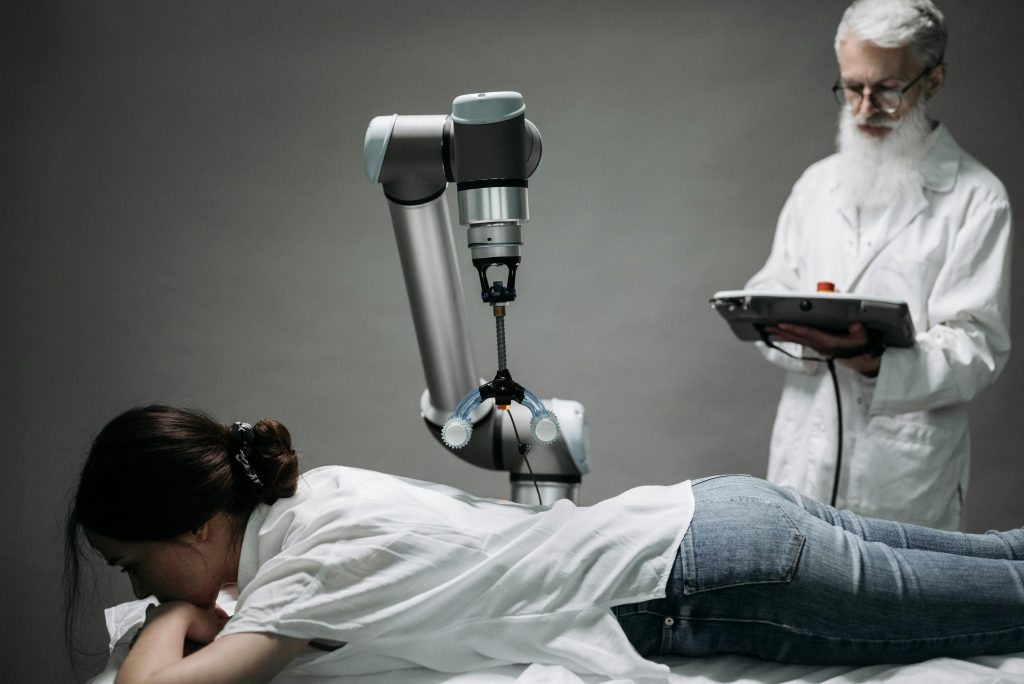
The Human Side That AI Cannot Replace
Even as I admired the accuracy, I noticed something else. A machine can point at a shadow on an X-ray, but it cannot hold your hand. It cannot look into your eyes and say, “Everything will be okay.”
I remember watching a pediatrician speak to a mother whose child was very sick. The AI had already given him a clear report, but instead of staring at a screen, the doctor now had time to sit down, talk, and reassure the family.
That scene stayed with me. Technology may guide us, but compassion still belongs to humans.
Personalized Medicine
One of the most impressive uses of AI I saw was in cancer treatment. Cancer is unpredictable, and every patient responds differently. AI helps by analyzing genetic information and matching it with thousands of cases across the world.
I met a family whose father was battling late-stage cancer. The doctors used AI to study his genetic profile and suggested a specific drug combination that had worked for people with similar conditions.
His son later said to me, “We were running out of hope. But this system gave us another chance.”
That statement reminded me that AI is not about machines and data alone. It is about giving families more time with their loved ones.
AI in Everyday Hospital Life
AI is not always about dramatic stories. Sometimes it is about quiet help in the background. In the emergency ward, I saw monitors tracking oxygen, pulse, and blood pressure. If any number slipped out of the safe range, an alarm went off immediately.
A nurse told me, “We are humans. We get tired, sometimes our attention drifts. But this system watches every single second without stopping.”
That simple explanation made me appreciate the smaller role AI plays. Sometimes saving a life is not about a major operation. It is about catching a warning in time.
Concerns I Could Not Ignore
While I admired AI, I also walked away with some concerns. What if the machine made a mistake? What if doctors trusted it too much?
A senior physician explained, “That is why AI will never replace us. It only supports us. We combine its suggestions with our judgment.”
Another concern was about privacy. Hospitals store mountains of personal data. If misused, it could harm patients. A technician assured me that strict protections exist, but still, I could not shake off the thought. Technology is a gift, but also a responsibility.
Remote Healthcare Possibilities
One thing that excited me was AI’s ability to reach villages and remote towns. In many rural areas, specialized doctors are not available. But with a simple mobile phone, a local doctor can upload a scan or report, and AI can give an initial analysis.
This means a patient does not need to travel hours just to know if they are at risk. AI can bring a form of modern healthcare right into small clinics where resources are limited.
Also Read:What is 6G? Future of Connectivity, Explained Simply
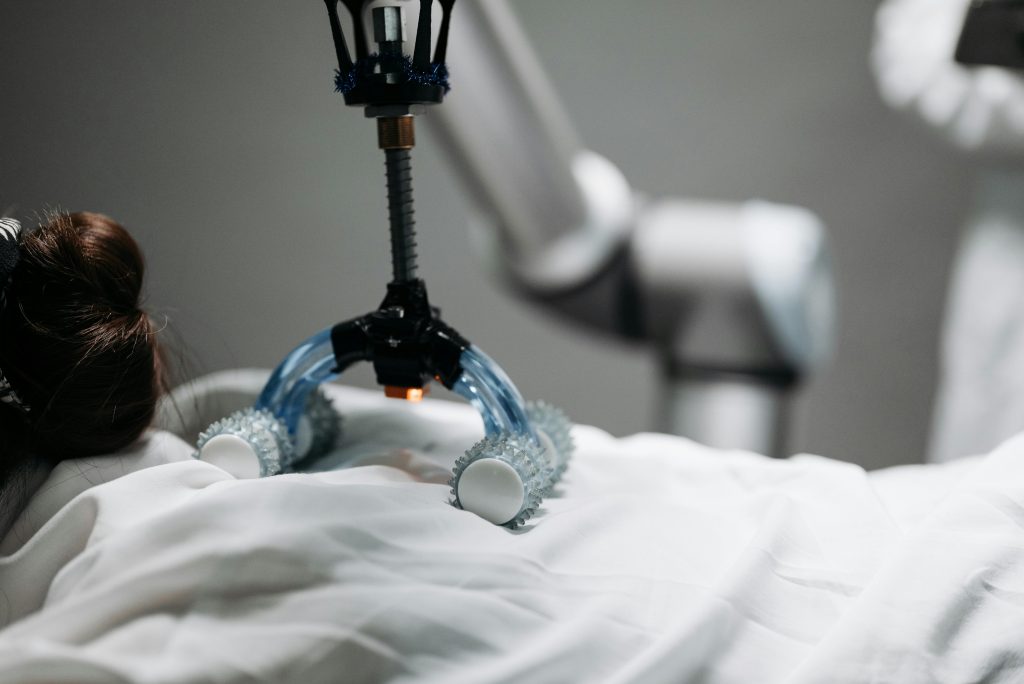
Wearables and the Future
I once read about smart watches that can track heart rhythms and even predict possible heart problems. During my hospital visit, a doctor told me this is not just a dream. It is already happening.
Imagine wearing a device that alerts you before a heart attack. Imagine your phone suggesting a checkup because it notices a pattern in your daily health data. The idea felt almost futuristic, yet surprisingly real.
My Balanced View
After everything I observed, I came to my own conclusion. AI is not magic, and it is not a threat. It is simply a tool that helps doctors see more, act faster, and sometimes save lives that would otherwise be lost.
But no matter how advanced it becomes, it cannot take away the human role in healing. A warm smile, a gentle word, or a reassuring touch can never be coded into a machine.
Final Reflection
Walking out of the hospital that day, I felt hopeful but also thoughtful. AI is clearly transforming medicine, but it must be handled carefully. Doctors need to remain in charge, and privacy must be respected.
I turned back to look at the building once more. Inside, technology and human care were working side by side. Machines were reading scans. Doctors were comforting families. Patients were holding on to hope.
Maybe this is the future of medicine. Not man versus machine, but man and machine, together.
FAQs
Q: How is AI used in medicine?
A: AI is used in medicine for early diagnosis, analyzing medical images, predicting diseases, managing patient records, and even assisting in surgeries.
Q: What is the artificial intelligence in medicine program?
A: The artificial intelligence in medicine program refers to specialized systems and tools designed to support doctors in decision-making, research, and patient care.
Q: What is a key benefit of using AI in healthcare?
A: The biggest benefit is accuracy and speed. AI reduces human error, helps in faster diagnosis, and improves treatment planning.
Q: How much AI is used in medicine?
A: AI is widely used in many areas of healthcare today. From hospital management to robotic surgery, diagnostic tools, and telemedicine, its role is growing rapidly.

